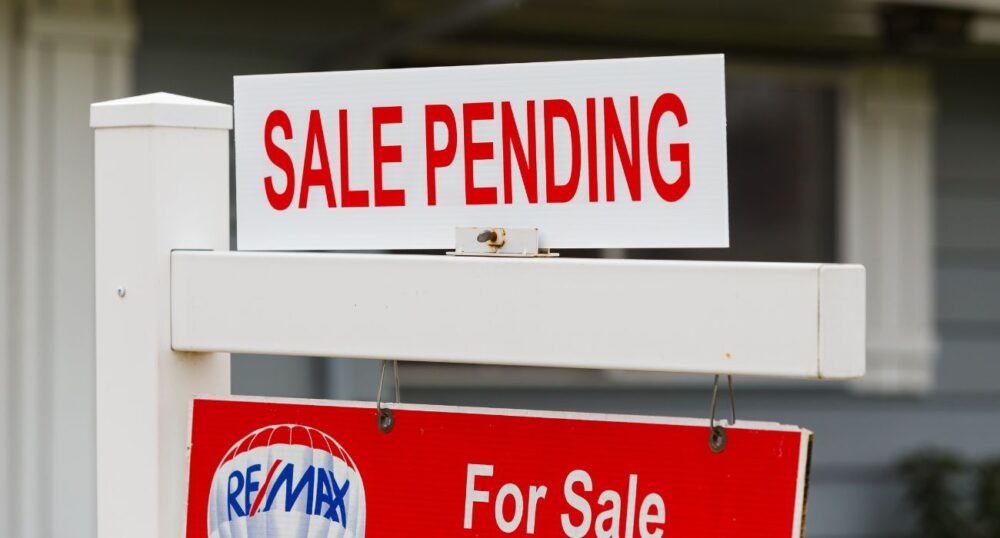Many Gen Zers are tabling home ownership due to steep housing costs and rising inflation.
“I don’t see how Gen Z can afford it,” Dallas resident Annabelle Hull, who spends nearly $2,000 on her one-bedroom apartment, told Axios Dallas. Hull said she cannot afford a downpayment on a house anytime soon, so she is holding off on her hopes of buying one.
“We all want to own a property, but if you don’t come from money, it can be difficult to imagine owning a home before your late 20s/early 30s,” Colorado native Veronica Randolph told Axios.
A recent analysis found that fewer than 1 in 5 adult Gen Zers (18%) own a home or are married to someone who does.
According to Axios, most young adults want to own a home and expect to, but it is less important at this point in life and feels far out of reach.
The latest Census Bureau data shows that over half of U.S. adult men and women under 25 lived in their parents’ homes in 2022, an increase compared to prior decades. About 57% of men and 55% of women ages 18-24 lived in their parents’ homes compared with 52% of men and 35% of women in that age group in 1960.
Married-couple households are also down from 71% in 1970 to 47% of all households in 2022.
According to Bankrate, the national average for 30-year mortgages was 7.03% as of June 19. Dallas’s mortgage rate was slightly higher than the national average, at 7.09%. The average monthly mortgage payment is $2,176.
Not only are Gen Zers putting off buying homes, but a RentCafe study found that they are spending more on their rent than Millenials.
The study considered Millennials’ housing costs when they were the same age as Gen Zers (22 to 29) for comparison and projections.
Gen Zers will spend $145,000 on rent by the time they turn 30, compared to Millenials, who spent $127,000 at the same point in their lives — meaning Gen Zers will spend 14% more.
Though Gen Zers are outearning Millennials, they will still be paying more for rent by age 30.
Millennials earned about $70,000 less in their 20s compared to Gen Zers, but both spent approximately the same percentage of their salaries on rent, 26.5%.


